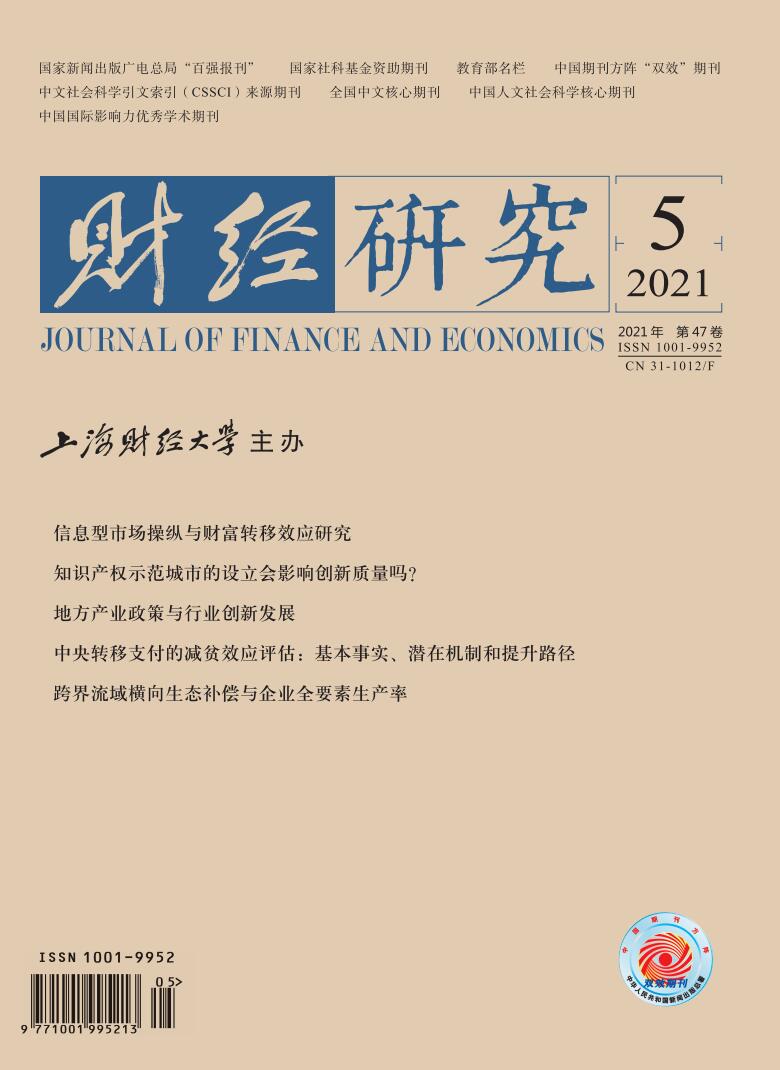China takes the horizontal ecological compensation policy as an important measure for sharing the results of green development in economically backward areas. On the basis of environmental protection, China realizes economic development and benefits the people’s livelihood, so as to accomplish “lucid waters and lush mountains are invaluable assets”. Trans-provincial basin horizontal ecological compensation is a significant exploration of China to take a market-oriented way to control cross-border water pollution, and is another institutional innovation in the process of ecological civilization construction. However, there are few studies on the impact of horizontal compensation on the total factor productivity of enterprises.
In this paper, the trans-provincial horizontal ecological compensation of Xin’anjiang River Basin signed by Anhui Province and Zhejiang Province in 2011 is regarded as a natural experiment. It takes the database of Chinese industrial enterprises from 2008 to 2013 as the research sample, and uses the System GMM method to calculate total factor productivity. According to the scope of policy implementation, the enterprises located in the policy compensation area(Huangshan City)are selected as the experimental group, and the DID method is used to study the impact of trans-provincial horizontal ecological compensation on the total factor productivity of enterprises in Xin’anjiang River Basin. It is found that, the implementation of the policy significantly improves the total factor productivity of enterprises through tax relief, government subsidies, labor productivity improvement and capital deepening, and the effect is sustainable. The results of age heterogeneity show that only when enterprises enter a relatively stable period, can the policy significantly improve the total factor productivity of enterprises. The results of industry heterogeneity show that when enterprises are in labor-intensive and technology-intensive industries, the implementation of the policy is conducive to the improvement of total factor productivity, but it hinders the total factor productivity of enterprises in capital-intensive industries. This paper puts forward suggestions from three aspects: (1)Continue to promote the implementation of trans-provincial basin horizontal ecological compensation policy steadily.(2)Strengthen the supervision of ecological environment compensation funds flowing into enterprises.(3)According to the age and industry of enterprises, the policy of differentiated support and supervision should be implemented to avoid the “one-size-fits-all”.
The marginal contributions of this paper are as follows: (1)In terms of research content, there are few studies on the effect of horizontal ecological compensation on total factor productivity at home and abroad. This paper analyzes the implementation mechanism of ecological compensation, and further studies the implementation of basin horizontal ecological compensation through four kinds of mechanisms for the total factor productivity of enterprises.(2)In terms of data method, this paper uses the relatively new Chinese industrial enterprise database for empirical analysis, while the DID method can effectively reduce the endogenous problem and improve the reliability and robustness of empirical regression results.






 7064
7064  6320
6320

